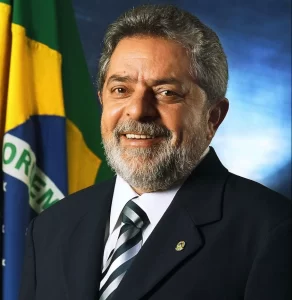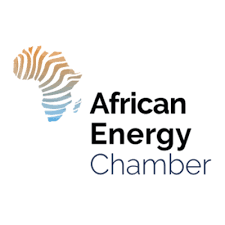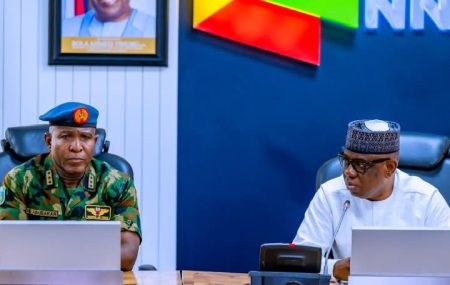
News wire — Brazil’s inflation picked up slightly in August from July due to the finalization of a one-off discount on energy prices for residential users, a Reuters poll of analysts predicted, while the yearly rate was probably the fastest in six months.
Consumer prices likely increased at a monthly 0.28% rate and 4.67% on the year, the highest since 5.60% in February, according to median estimates of 25 economists polled Sept. 6-11. The data will be released on Tuesday.
“Electricity and fuels led a rise in regulated prices. Service inflation was pressured by adjustments in tuition fees, but with limited impact as a result of a drop in airline fares,” said Rafael Pacheco, an economist at Guide Investimentos.
Stable food prices should have helped keep inflation under control, as Brazilian households continue to benefit from a record farm crop that has translated into cheaper livestock feed and fresh produce costs.
Overall, Brazilian inflation has been much lower recently than in 2022, when it hit a high of 12%. But the re-acceleration in August, combined with a rebound in longer-term expectations, are likely to support a cautious mood among policymakers.
After falling to 4.84% in July, the consensus view for inflation at the end of this year in the Brazilian central bank’s weekly polls of private economists has been edging up to reach 4.93% this week.
This reflects last month’s announcement of strong hikes in fuel prices by state-run oil company Petrobras, which prompted the central bank’s governor to anticipate a revision of inflation forecasts.
“However, our expectation is that the 12-month variation in core average measurements should have decreased again … allowing the gradual cycle of decline in the Selic rate to continue,” said Helcio Takeda, senior partner at Pezco.
Banco Central do Brasil has stressed its determination to maintain a moderate policy easing pace of 50 basis point cuts in the benchmark Selic rate per meeting, implying a continuation of its restrictive approach.
Still, current inflation dynamics would point to a third consecutive breach of the country’s annual target for consumer prices, set in 2023 at 3.25% plus a margin of 1.5 percentage points.
Although the central bank has primary responsibility in the fight against inflation, discomfort over a new failure could extend to President Luiz Inacio Lula da Silva’s government, which so far won plaudits for this year’s economic growth.
Reporting and polling by Gabriel Burin; Editing by Mark Potter – Reuters



